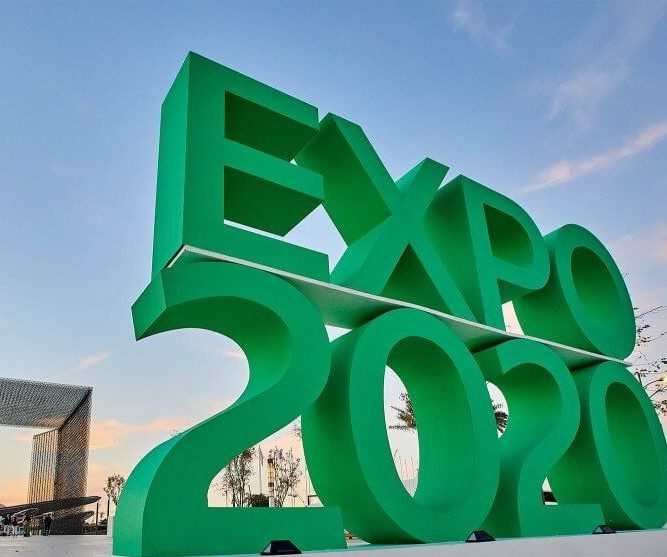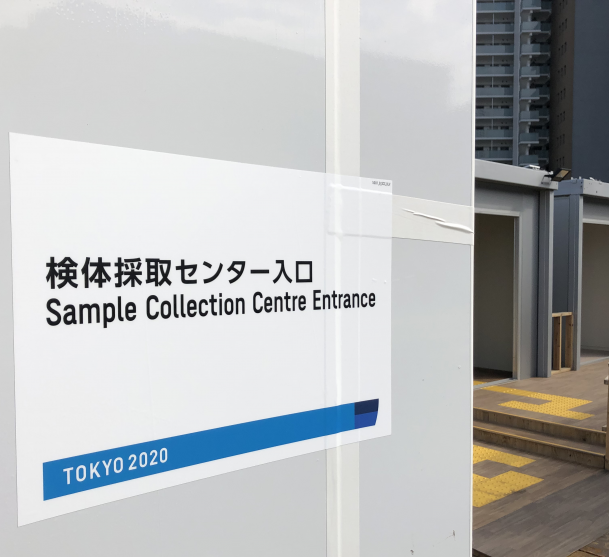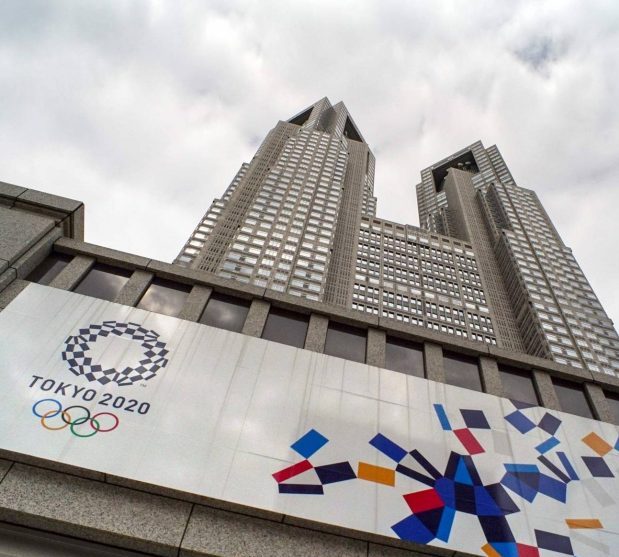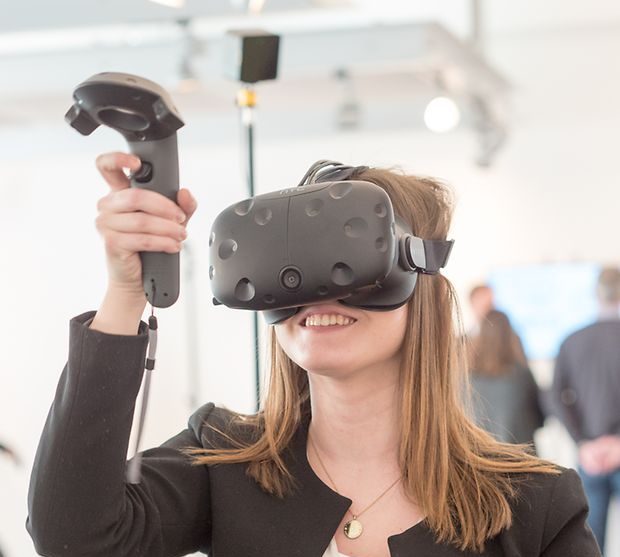Tokyo 2020 Olympics Case Study
PUBLISHED
July, 14 2021
CATEGORY
Operational Readiness
AUTHOR
Ikosaeder
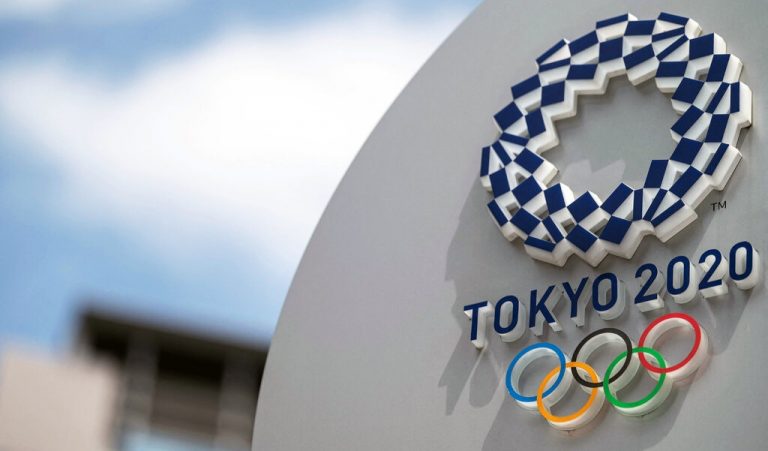
01. The Challenge
The 2020 Olympics’ footprint was initially projected to considerably increase the demand on existing services and infrastructure in Japan, and the organisation of the Tokyo Olympics required coordinating a number of delivery partners from public and private sector industries, including the Tokyo Metropolitan Government, Japan National Government, emergency services, health authorities, private companies and more.
Given Ikosaeder’s vast combined experience in major programme delivery, we were therefore aware of the importance of designing and implementing a robust Operational Readiness strategy for a high-profile international event with visibility like no other: in 2016, the Rio Olympics generated a global TV audience of 3.2 billion; 25,000+ accredited media; 7 billion views of official Olympic content on social media; 270 digital media platforms; 75 billion Twitter impressions and 1.5 billion Facebook interactions. Tokyo 2020 was projected to top 2016 figures already without even considering its postponement to 2021.
In 2017, we began providing a range of consulting services to the International Olympic Committee (IOC) and the Tokyo 2020 Olympic Games Organising Committee (OCOG) to support their efforts in the preparation of the Tokyo 2020 Olympic Games. In parallel, following three years of research on the potential of VR for Operational Readiness, recommending Intel, an IOC Marketing Partner as an ideal delivery partner, we suggested a VR pilot project to explore the benefits and scalability of this technology for Readiness and learning.

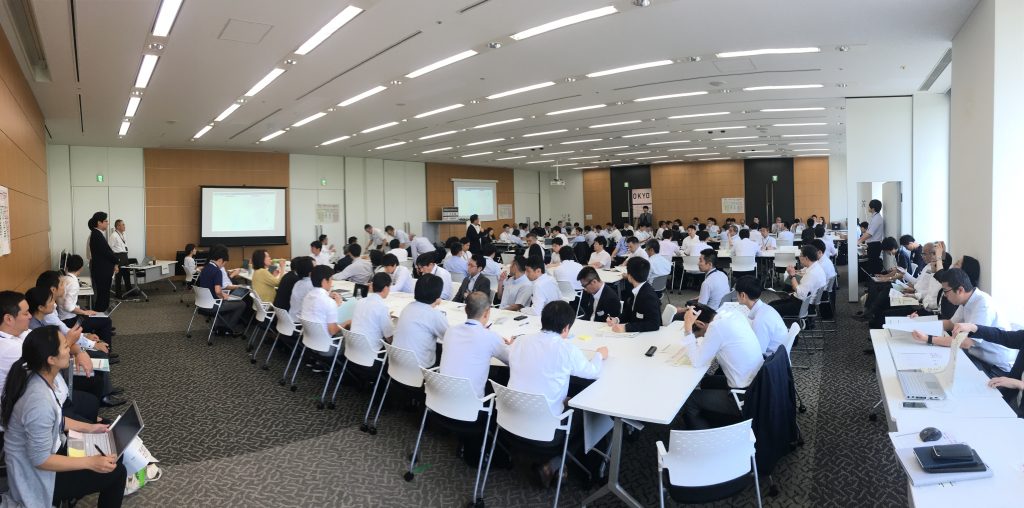
02. The Solution
From the onset, we supported the Organising Committee and their delivery partners to define their Readiness strategy and we then developed the Readiness programme implementation.
During our engagement, we helped organisers in the development of their Communication, Command and Control (C3) system, the nation-wide governance framework required to manage the highly complex operations and crisis response mechanism e.g., pandemic, earthquakes, typhoons, tsunamis, etc. As far as people capability development, over the course of the four-year programme, we delivered 85+ exercises involving over 7500 people, and through coaching and collaboration we enabled Tokyo 2020 to autonomously deliver 150+ Readiness exercises involving over 10000 learners. Last but not least, we designed a first-of-its-kind VR Training Programme.
Working across four Operational Readiness streams of activity, geared at different players within the IOC as well as external Partners, we led teams through a roadmap of exercises, from tabletops to simulations to train the trainers.
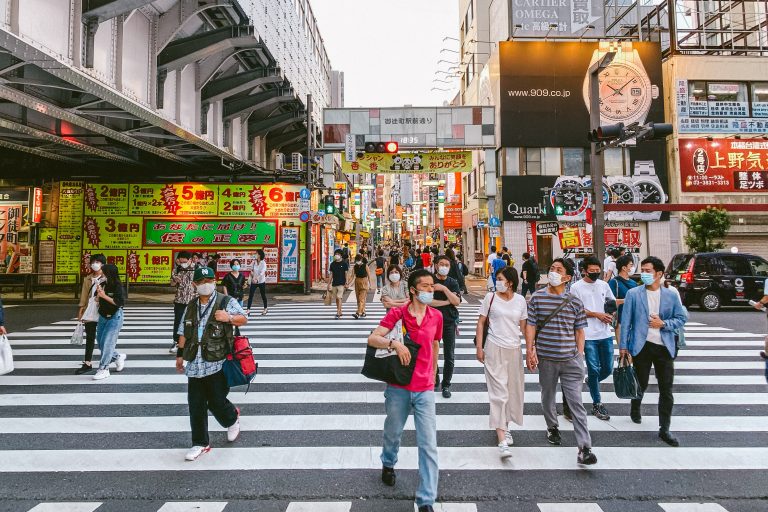
03. The Outcome
We obtained a number of significant achievements in the key areas we consulted on:
Operational Readiness and Risk Management
- Advocated for the establishment of the Readiness programme at executive level
- Engaged delivery partners in the Readiness programme
- Built awareness on Operational Readiness
- Designed the Readiness strategy
- Developed the Readiness programme
- Integrated Readiness with risk management activities
- Guided the contingency planning process for a multi-stakeholder crisis response
- Developed the Readiness implementation approach
- Designed, developed and delivered the COVID-19 Readiness Programme
Communication Command Control (C3)
- Advised on the development of a country-wide Games C3 Governance framework (operational, tactical and executive levels)
- Facilitated Games stakeholder and delivery partner integration processes
- Advised on the design and operational planning of the Tokyo 2020 Main Operation Centre, the main hub overseeing Games operations
- Designed and delivered large-scale stress testing simulations
- Trained teams on crisis management protocols and procedures
- Supported the design and testing of COVID-19 specific C3 structures and information flow protocols
People Capability Development
- Over a four-year period, built the OCOG’s capability enabling Tokyo 2020 to design, develop and deliver its own Operational Readiness programme consisting of 150+ exercises in total, involving 10000+ learners from OCOG and Delivery Partner organisations
- Trained Main Operation Centre management and executive teams
- Delivery of 85+ exercises involving over 7500 people, driving Readiness and integration across Tokyo 2020 and between the OCOG and Delivery Partners
- Designed, developed and implemented a bespoke VR Training Programme ‘VR Readiness Training Programme’ in cooperation with Intel
VR Training
- Enhanced learning experiences
- Qualitative ‘best practice’ training content
- Repeatable and scalable
- Captures insightful business intelligence
- Increased “speed to competence”
- Better identification of risks and issues
- Increased learner retention

